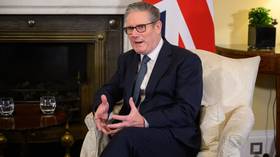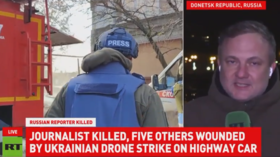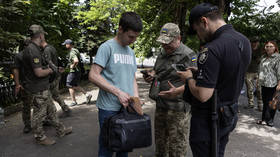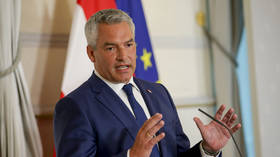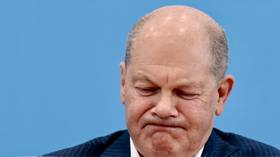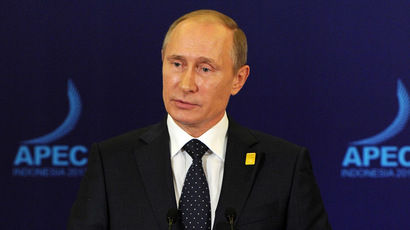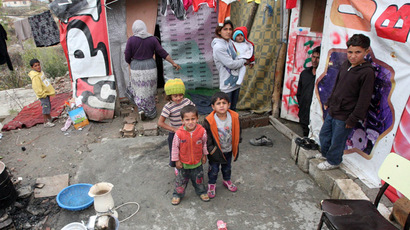Syria extremists financed by private Gulf donors carried out mass killings – HRW
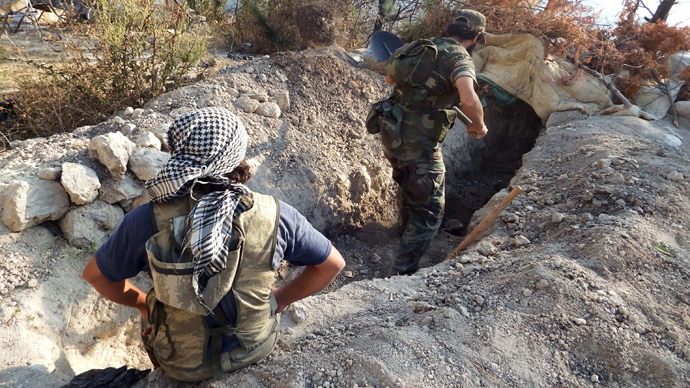
At least 190 people were killed and more than 200 taken hostage by Syrian rebels financed by private Gulf donors in an August 4 military offensive in the Latakia governorate, according to a Human Rights Watch report.
At least 67 of the victims executed had lived in government-aligned Alawite villages, HRW said in its report, “You Can Still See Their Blood,” released Friday, which saw the events as the first evidence of planned crimes against humanity perpetrated by opposition forces.
The killings took place when President Bashar Assad’s forces were overwhelmed by the militants, who then proceeded to enter the 10 Alawite villages nearby, sometimes rounding up and executing entire families, while taking others hostage.
Torture and decapitations were also testament to the aggravated
nature of the military offensive, proof of which was gathered by
HRW through reports, witness statements, hospital records and
materials recorded by the rebels themselves.
HRW’s Syria and Lebanon researcher, Lana Fakih, told Reuters that “homes were destroyed and burned. Most villagers had not returned.” She spoke to Hassan Shebli, whose elderly wife and disabled 23-year-old son were gunned down and buried next to his home, as he found upon his return to his village. The assailants took videos and posed with their victims before the killings.
According to the human rights watchdog, the nature, scale and coordination of the abuses and killings elevate them to the status of crimes against humanity. Acting Middle East director at HRW, Joe Stork, explained that “these abuses were not the actions of rogue fighters…this operation was a coordinated, planned attack on the civilian population in these Alawite villages.”
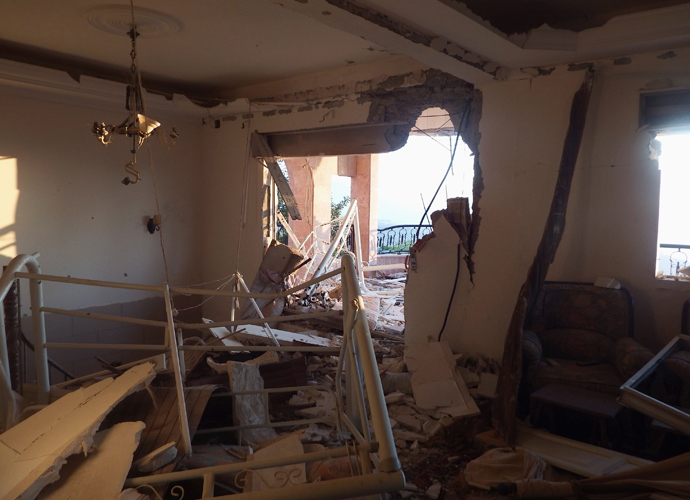
The attacks were found to have
been planned and carried out by five distinct groups, including
the Al- Qaeda-linked Jabhat al-Nusra and the Islamic State of
Iraq and the Levant, as well as jihadists originating from
outside Syria.
However, the broader offensive, which lasted until August 18, was thought to include 20 distinct groups.
The operation was thwarted by government forces on that day, after regaining control of the area.
Although the report could not confirm the presence of fighters from the Western-backed Free Syrian Army, the force’s commander, Salim Idriss, posted a video a week after the Latakia attacks in which he claimed the FSA participated in the operation “to a great extent.”
Other groups boasted about their exploits in their own recordings, used by HRW to corroborate its findings, although the rebels themselves also recounted the offensive to correspondents from Reuters, claiming to have killed about 200 people.
However, not all the groups admitted to the killings. A member of the Sunni Ahrar al-Asham militia claimed that his fighters only shoot in self-defense, although the group was among the five that were found to have participated in the Latakia killings.
The Syrian National Coalition’s spokesman, Khaled Saleh, also condemned the attacks and said that if any abuses by rebels associated with the coalition were found to have happened in Latakia, the perpetrators would be brought to justice.
"We have previously committed ourselves to applying these rules on all the brigades that work for us and we will hold accountable, after investigation and fair trial, all those responsible for violations against human rights or international laws. The incidents in Latakia are not an exception and we will treat them as we treated previous case,” Saleh said in a written statement to Reuters.
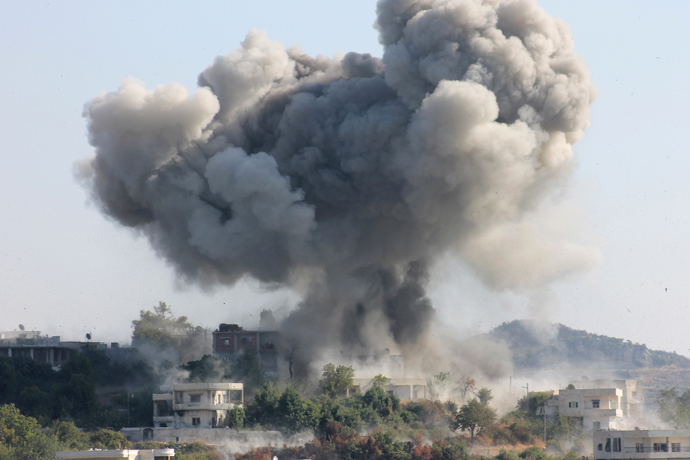
Nonetheless, dozens of witness
accounts from the province remain, together with footage shot by
rebels, as a gruesome reminder of the executions carried out on
August 4. Returning residents reported finding the bodies of
loved ones strewn around the streets, lying next to their homes,
as well as charred corpses lying in mass graves.
The organization also wished to point out that the report is by no means a move away from scrutinizing the Syrian government’s own human rights abuses – including sectarian cluster bombings of Sunni areas in May, as reported By UN officials.
The report proposes that the UN Security Council imposes an embargo on supplying arms to all sides implicated in the systematic abuse of human rights and the carrying out of planned attacks, which is classified as a crime against humanity. The organization also proposed referring all transgressions to the International Criminal Court in The Hague.
Stork, HRW’s Middle East chief, said: “Syrian victims of war crimes and crimes against humanity have waited too long for the Security Council to send a clear message that those responsible for horrible abuses will be held to account.”
“The ICC referral is long overdue,” Stork said.
The civil war, now in its third year, has claimed the lives of more than 100,000 people, according to UN estimates. Many experts fear that the sectarian nature and conflicting interests of the rebel groups involved are exacerbated by outside funding, and are turning Syria into a hotbed of extremism drifting further away from any resolution that outside actors may have planned for it.



